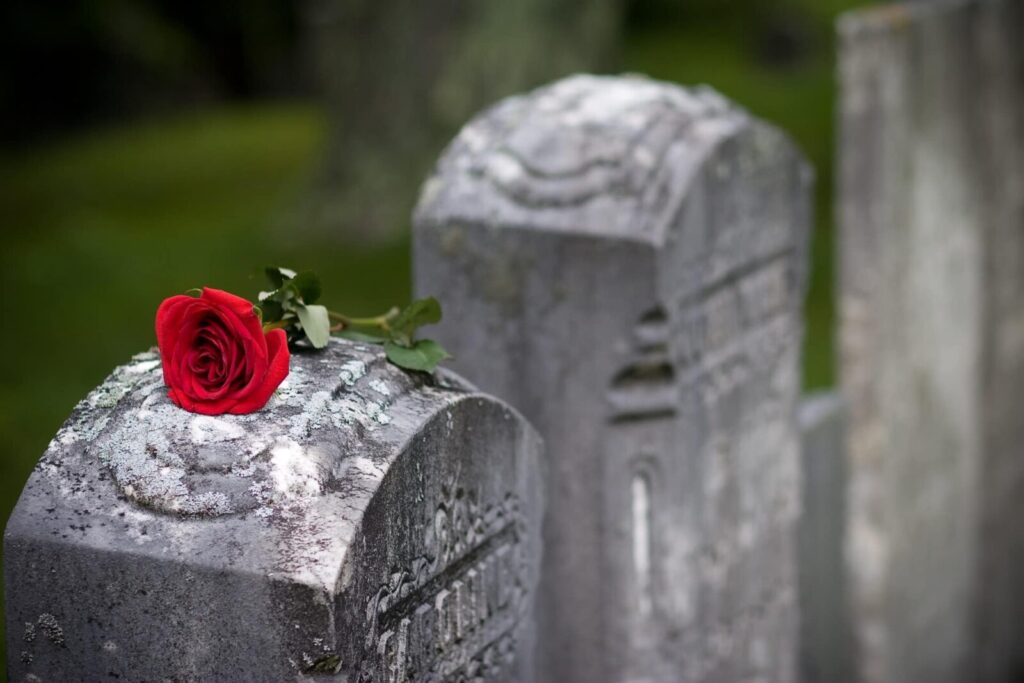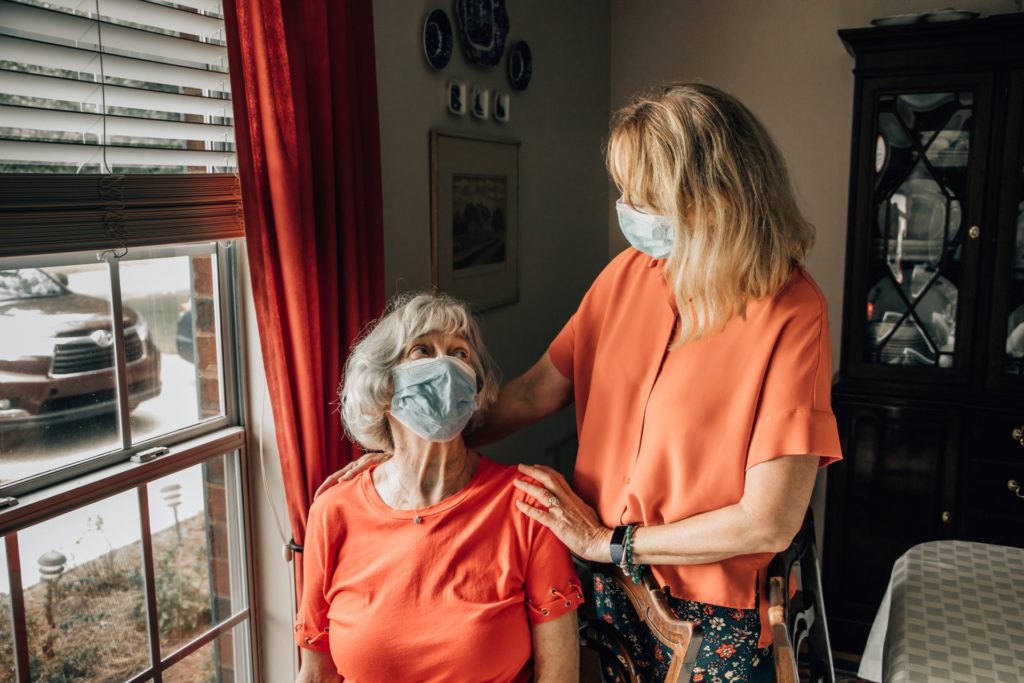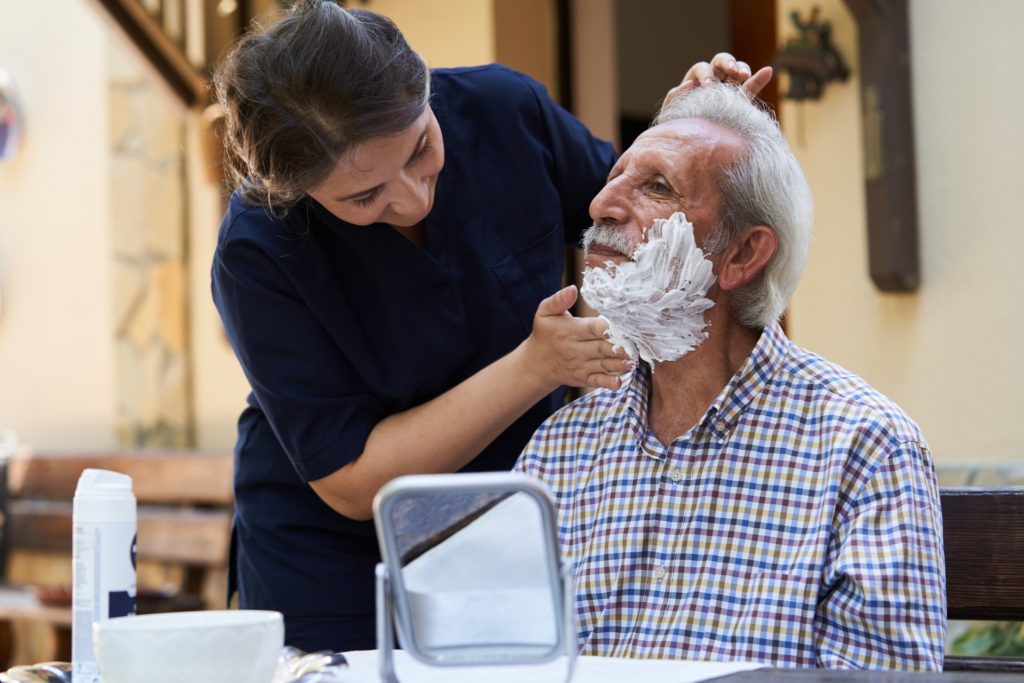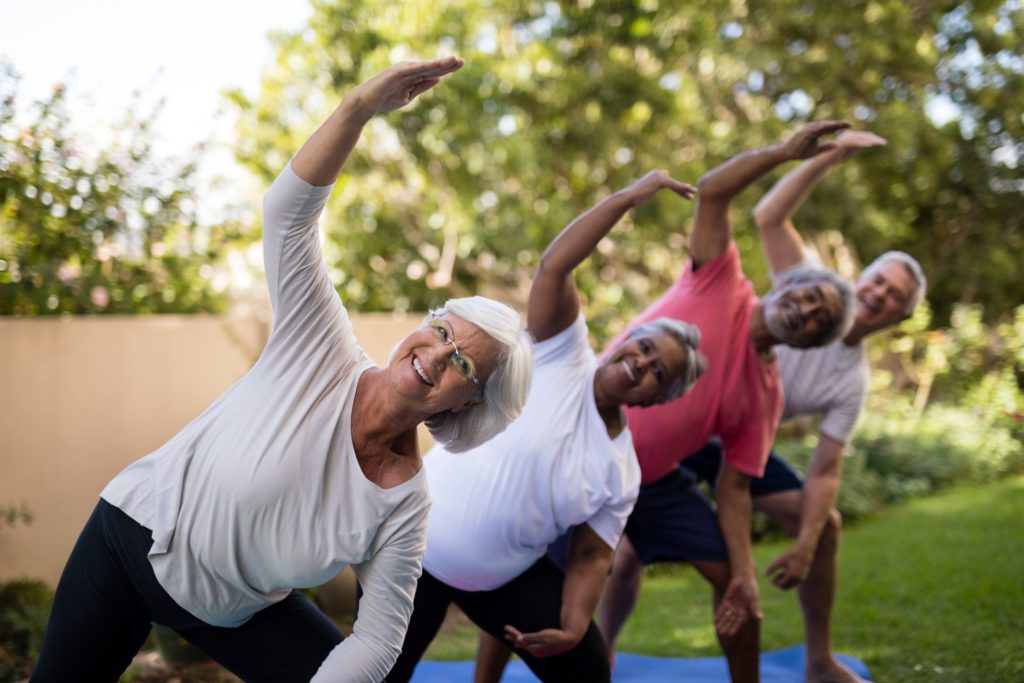
Using My Aging Parent’s Power of Attorney
We see recurring confusion about how and when to use the authority over money in a Durable Power of Attorney (DPOA) for aging parents.
Call us Anytime
Laurel, MD 20707
Downs Law Firm, P.C.
Home • Elder Law Attorney; • Page 2

We see recurring confusion about how and when to use the authority over money in a Durable Power of Attorney (DPOA) for aging parents.

As we age, our health risks increase. After all, none of us is going to live forever.

My spouse passed. I have stepchildren who want a percentage of the profits from selling our house. What are they legally entitled to with no will?

People who need aid covering the financial costs of funerals for loved ones who died of COVID-19 may be eligible for up to $9,000 in assistance from the federal relief legislation that was enacted in March.

Especially with the average U.S. household having $7,027 in revolving credit card debt and Americans owing a total of $416.1 billion in credit card debt, according to a recent Nerdwallet study, some Americans will have credit card debt for the rest of their lives. However, what happens to credit card debt when you die?

As family caregivers, we play many roles: scheduler, money manager, house cleaner, health aide, nurse, navigator, nurturer and more. Perhaps the most important role, though, is advocate, as we ensure the best life possible for our loved ones when they are vulnerable.

However, the tradeoff, experts say, is temporary discomfort versus the long-term benefits of a potentially high level of protection from COVID-19, a disease that’s responsible for the deaths of more than 1.6 million people globally.

Here’s a closer look at the seven biggest changes to Social Security in 2021

Amid headlines of COVID-19 infiltrating nursing homes and large senior care facilities, it’s understandable that many Americans would prefer to avoid assisted living environments as they grow older. However, the trend to age in place predates the pandemic. Remaining at home was the first choice for 76% of Americans age 50 and older, according to a 2018 AARP survey.

Don’t waste your time regretting the years you spent without sufficient activity — getting moving at any age will prolong your life.